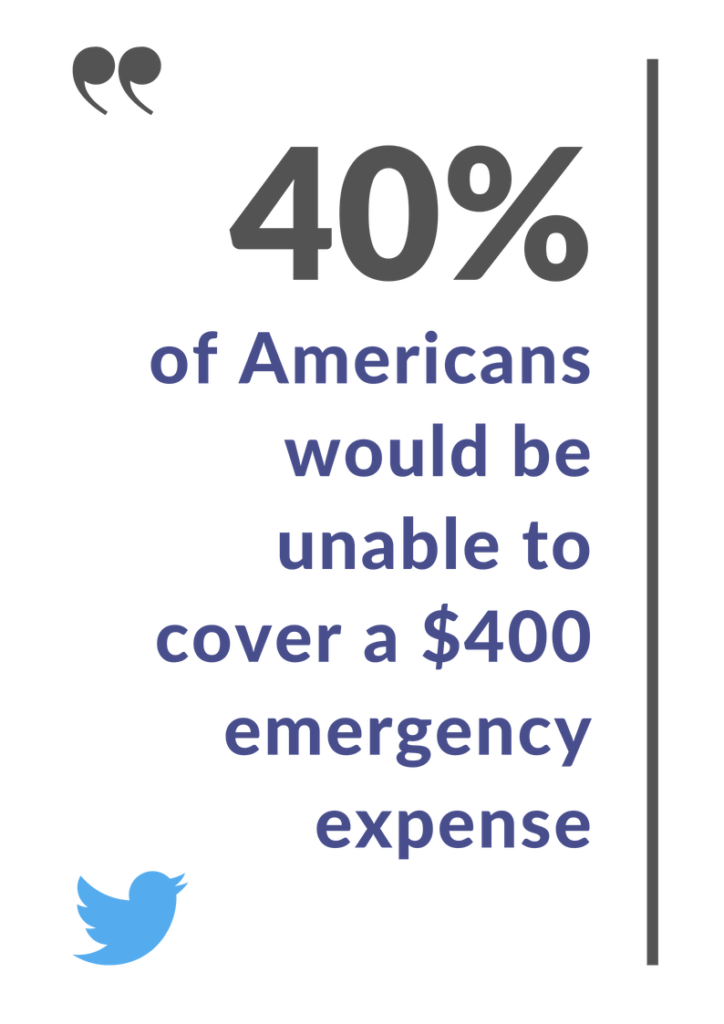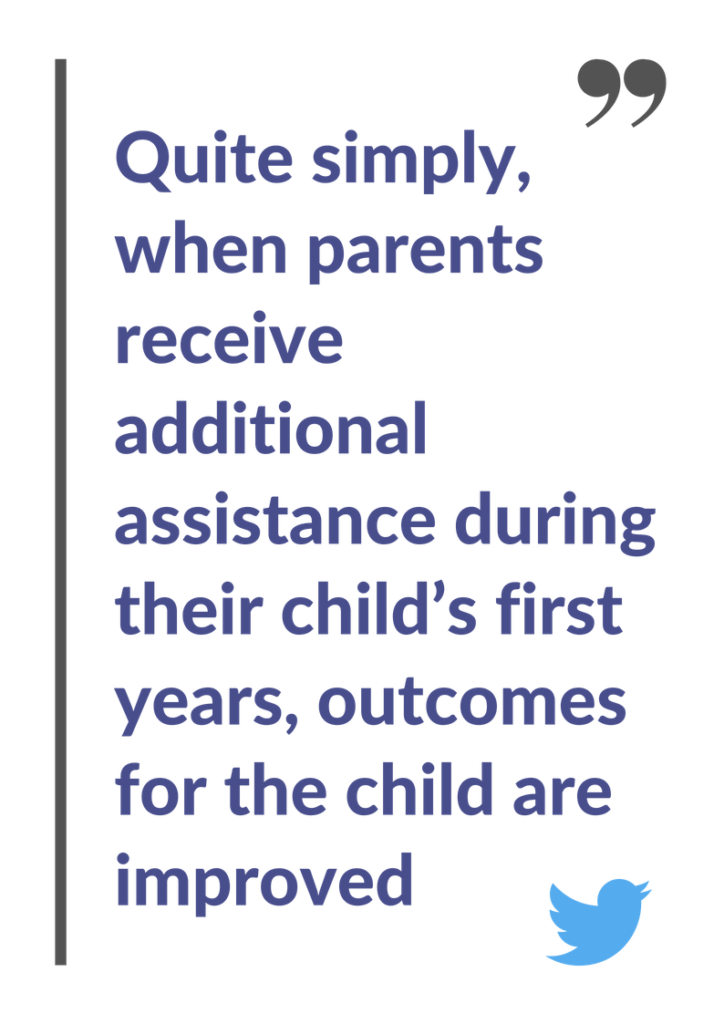
We Need Tax Relief for Working Families, Not the 1%
Editor’s note: CHN Intern Morgan Williams is a junior at the University of Maryland, College Park. She is studying economics and global poverty.

Low-income American families are currently facing a host of financial challenges: wages are stagnant, child-care costs are soaring, rent in many cities is skyrocketing, and that’s only naming a few. As a result, 40 percent of Americans would be unable to cover a $400 emergency expense. On April 10th, U.S. Sens. Sherrod Brown (D-OH), Michael Bennet (D-CO), Richard Durbin (D-IL), and Ron Wyden (D-OR) introduced the Working Families Tax Relief Act, a bill that would expand the Earned Income Tax Credit (EITC) for adults with and without children, improve the Child Tax Credit (CTC), and establish a Young Child Tax Credit (YCTC) for families with children under six years old. The Center on Budget and Policy Priorities estimates that the legislation would raise the incomes of 46 million low-income families and lift 10 million children above or closer to the poverty line.
Rather than proposing untested policies, the Working Families Tax Relief Act draws on successful research proving that expanding the EITC has positive outcomes for low-income families. The National Academy of Sciences’ Roadmap to Reducing Child Poverty shows that the EITC reduces poverty in two ways: supplementing household incomes of low-earning parents and encouraging work and thereby increasing the income of parents. Specifically, in an analysis published in 2015, Hilary Hoynes and Ankur Patel found that a $1,000 increase in the EITC leads to a 7.3 percentage point increase in employment and a 9.4 percentage point reduction in the share of families with after-tax and transfer income below 100 percent of the poverty line.
The Working Families Tax Relief Act would continue to expand and improve the EITC in multiple ways. Most significantly, it would increase the maximum credit and the rate at which credit phases in as income rises by about 25 percent. In doing so, 75 million Americans would benefit. Currently, childless workers receive meager benefits through the EITC. The WFTRA would increase the maximum EITC benefit for childless workers from about $530 today to $2,100. It would also increase the income limit to qualify for the credit from $16,000 for a single individual to $25,000, as well as expanding the age range from 25-64 to 19-67.
When unexpected circumstances present themselves, families sometimes turn to predatory payday lenders. The bill would allow families to draw a one-time, interest-free $500 advance on their EITC payment. In doing so, the advance will hopefully dissuade individuals from falling into the trap of taking out short-term loans with typical annual interest rates of 400 percent.
In January 2019, Puerto Rico implemented its own Commonwealth-funded EITC program. Since the program lacks adequate funding, the WFTRA would help Puerto Rico to expand the EITC by including federal matching mechanisms that would roughly double the current funding. By providing support to the program, labor force participation in the Commonwealth would increase, and child poverty would decrease.
In addition to EITC expansion, the bill would improve the Child Tax Credit by making benefits fully refundable to parents of children in low-income households, including those with little to no income. The GOP tax bill passed in 2017 increased the maximum CTC available per child from $1000 to $2000 but limited the refundable portion of the CTC to $1,400 per child. Since the WFTRA would make the CTC fully refundable for those below a certain income level, if the credit amount exceeds the family’s federal income tax liability, they would receive the full credit in their tax refund.
 Even further, the bill addresses the importance of investing in young children and early childhood development by establishing a YCTC that would add a $1,000 fully refundable tax credit for each child under 6 years old. Research by the National Academy of Sciences has proven that investments in early childhood yield measurable results through a child’s adolescence to adulthood. Providing income assistance leads to healthier birth weights, lower maternal stress, better childhood nutrition, higher high school enrollment, higher reading and math scores, higher high school graduation rates, less use of drugs and alcohol, more positive behavior, and higher rates of college entry. Quite simply, when parents receive additional assistance during their child’s first years, outcomes for the child are improved.
Even further, the bill addresses the importance of investing in young children and early childhood development by establishing a YCTC that would add a $1,000 fully refundable tax credit for each child under 6 years old. Research by the National Academy of Sciences has proven that investments in early childhood yield measurable results through a child’s adolescence to adulthood. Providing income assistance leads to healthier birth weights, lower maternal stress, better childhood nutrition, higher high school enrollment, higher reading and math scores, higher high school graduation rates, less use of drugs and alcohol, more positive behavior, and higher rates of college entry. Quite simply, when parents receive additional assistance during their child’s first years, outcomes for the child are improved.
The 2017 GOP tax bill increased income inequality. The Working Families Tax Relief Act is a strong response to the crises facing hard-working American families each day. By expanding and improving upon successful programs that have attracted bipartisan support in the past, the bill has the potential to lift millions of Americans out of poverty and provide relief to working families that need it most.

